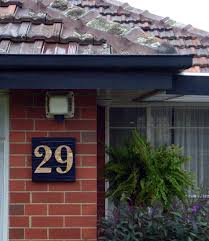Status Certificate on Condos
Thursday, June 6th, 2019There was a time in the not-so-distant past when waiving any and all conditions on an offer was so common it practically became fashionable.
But the market softened and people fortunately regained their senses.
The move to make an offer as attractive as possible meant many condo buyers were removing the condition that required them to approve their status certificate. A status certificate is a legally binding document that tells you about the financial shape of your condo unit and the condo corporation that runs your building.
It’s important not to disregard the status certificate, regardless of how many buyers are competing for the same condo. This document outlines condo fees, informs you of pending increases, of special assessments being considered by the board and any arrears or liens on a particular unit.
The status certificate also discloses bylaws, budgets, reserve funds, insurance, management contracts, rules and minutes of the last annual general meeting as well as information about lawsuits the condo corporation may be facing. Essentially, the status certificate is a report card on the financial and physical health of your condo.
The status certificate lets you know what extra costs you may incur as a prospective condo owner. So if you do purchase a unit and then learn, say a month later, that you need to cough up $3,000 for new windows, what happens? Well, you have the right to refuse to pay up.
According to the Ontario Condo Information Centre, failing to announce a special assessment or a steep hike in fees or even an important expense against the reserve fund in the status certificate is like trying to sell a car with a rolled-back odometer. “It constitutes false advertising.”
If you’re a bit of a risk taker and you’re really hungry for a particular condo plus you know there could be a feeding frenzy come offer time, why not spend some time investigating potential condos. Do your homework, speak to people who live in those condo buildings you like and learn all you can about its management, finances and physical shape. That way you’ll have much more confidence about your purchase, and if you have to, you can remove the condition, somewhat confident in knowing that the management company has a reputation for doing a good job.
Yes, it’s a risk, but it’s one that may be worth it as long as you do your due diligence.
Sources: www.condoinformation.ca,






